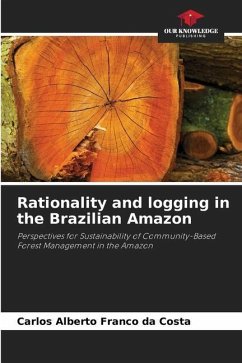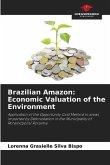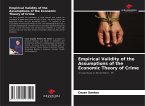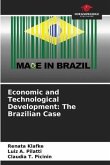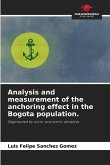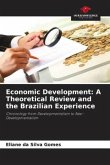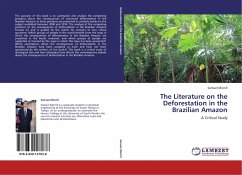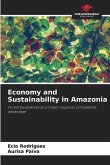The book addresses Community Forest Management in communities of the Amazon, presenting economic, social and environmental results. It demonstrates a form of rationality capable of providing economic reproduction for the traditional populations of the region. On the social side, the strengthening of community organizations and the consequent benefits through partnerships with governmental and non-governmental agencies. In the ecological aspect, it deals with the reduction of the negative impacts of logging on the forest, materialized in the reduction of wood waste, reduction in the size of the deforested area, and less damage to the forest. Forest Management is approached as the instrument capable of articulating productive practices with ecological, technological and social processes, reconciling scientific knowledge with the environmental knowledge of traditional communities in the Brazilian Amazon. The work exposes the practice of Community Forest Management, as an economic activity that can become sustainable, if it manages to obey nature's main foundation: heterogeneity.

